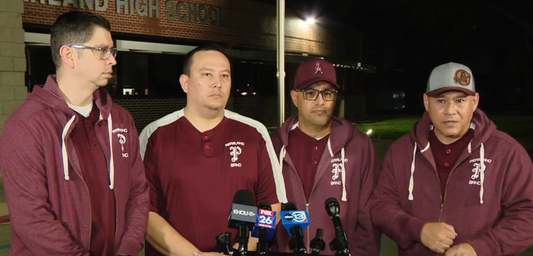
Extreme Heat and Blood Shortage Crisis
Share
As the summer heatwave continues to break records, the United States is facing a critical blood shortage exacerbated by extreme temperatures and reduced donor turnout. The American Red Cross has reported a significant drop in blood donations, with the national blood supply falling by more than 25% since July 1st. This decline is attributed to nearly 100 blood drives being canceled or poorly attended due to the intense heat and summer activities (UPI).
The Impact of the Heatwave
July 2024 has been recorded as the second hottest month ever, narrowly missing the record set the previous year. The persistent heat has not only affected outdoor activities and energy consumption but also crucial public health services such as blood donations (euronews).
The Blood Shortage Crisis
Blood donations are essential for a variety of medical situations including surgeries, childbirth, trauma care, and treatment for cancer and blood disorders. The current shortage particularly affects Type O blood, which is universally needed for emergency transfusions and is already in short supply. The Red Cross has emphasized the urgent need for donations to ensure that hospitals can meet patient care needs (UPI).
Civic Duty and Responsibility
In these challenging times, it is more important than ever for responsible citizens to step up and contribute to the community. Donating blood is a simple yet impactful way to help. Those who are eligible and able to donate can find local blood drives or make appointments at donation centers through the Red Cross website. As an added incentive, donors will receive a $20 Amazon gift card for donations made by August 31st (UPI).
Conclusion
The current blood shortage crisis highlights the interconnectedness of environmental conditions and public health. As responsible citizens, it's our duty to respond to these challenges by taking action, whether it's donating blood, spreading awareness, or supporting policies that address the root causes of climate change.
For more information on how to donate and support the Red Cross, visit RedCrossBlood.org.
Stay safe, stay cool, and remember that every donation can save a life.
Sources:



